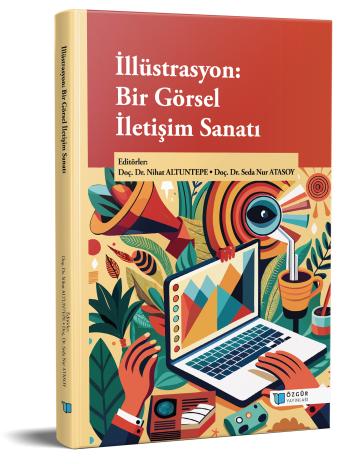
Using Illustration in Digital Exhibition Design
Chapter from the book:
Altuntepe,
N.
&
Atasoy,
S.
N.
(eds.)
2024.
Illustration as Visual Communication.
Synopsis
In the 1980s, the relationship between art and audience transformed with the transition from the "white cube" exhibition concept to "installation". Today, this transformation continues with the concept of "digital cube", and digital exhibition design enables artistic and cultural content to be presented with interactive and data-based methods.While technologies such as augmented reality (AR) and virtual reality (VR) offer immersive experiences to the audience, digital tools transform the art of illustration and contribute to creative expressions. Digital storytelling makes it easier to communicate with the audience by facilitating emotional interaction and cognitive understanding. Additionally, illustration plays a critical role in digital exhibitions, both in terms of aesthetics and message delivery.In this article, digital exhibition design processes and the purpose for which illustration is integrated into these processes are discussed. Illustrations can create an emotional connection with the viewer by presenting a multi-layered narrative that covers both the past and the future. The use of illustration integrated with multimedia technologies used in digital exhibitions opens new horizons in both communication and visual arts.

